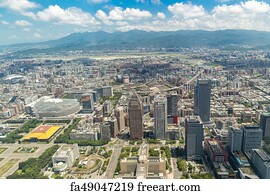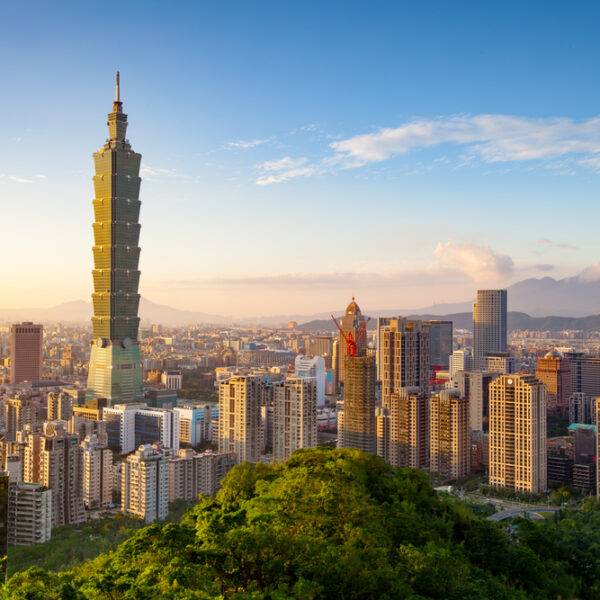
Its regime had failed in mainland China, and they were worried about resistance in Taiwan,” Avai said. “When the Nationalist government first came over, they wanted to get rid of Indigenous people with the sharpest minds.

It was that high profile that had both emboldened Uyongu to speak out – and marked him out as a target for the Kuomintang. Uyongu Yata'uyungana graduates from primary school.

“Of course, Taiwan’s Indigenous groups gave it the most legitimacy, and so it also gave rise to subsequent Indigenous rights movements in the 1980s.” “The pro-democracy movement was fighting against the Nationalist Chinese regime (in Taipei), and they wanted to look for distinct characteristics that represented the Taiwanese identity,” Ku said. Ku Heng-chan, a research fellow in Indigenous studies at Taiwan’s Academia Sinica, said a turning point in the mindset of mainstream society came in the 1970s, when large-scale pro-democracy protests broke out. “To highlight the uniqueness of Taiwan from China, the ethnic Han population in Taiwan are now emphasizing Indigenous cultures and are paying more and more attention to it,” Vayayana said. The idea is relatively simple: What better way to demonstrate to the international community Taiwan’s distinct identity, its separateness to mainland China, than the existence of native populations stretching back thousands of years, they say. If anything, say experts like Tibusungu ‘e Vayayana, a professor in Indigenous studies at National Taiwan Normal University, Taiwan society now views Indigenous communities as a bulwark against Beijing’s territorial ambitions (the Communist Party continues to claim Taiwan as its own, despite never having controlled it, and has repeatedly refused to rule out the use of force in “reunifying” with it). No longer are these communities viewed with suspicion as potential sympathizers with the mainland’s Communist authorities. Courtesy Avai Yata'uyunganaįast forward seven decades, and the dynamic driving relations between Taiwan’s government and its Indigenous communities has been transformed.

Uyongu Yata'uyungana with his family members in 1945. Uyongu and many other Indigenous leaders were among them. Today, Taiwan’s government estimates that between 18,000 and 28,000 people lost their lives in that crackdown, known as the “White Terror”. It then embarked upon a brutal four-decade crackdown on political dissent under one of the longest periods of martial law the world has ever seen. On Febru– in what was to become known as the “228 Incident” – the Kuomintang ruthlessly suppressed a popular revolt sparked by anger over official corruption. That hope was to prove fatally misjudged, as the Nationalist or Kuomintang government soon established a reputation for authoritarian rule and a policy of instilling “Chinese-ness” into the local population. “They hoped that with the arrival of (the new Nationalist government), they would be able to change our fate.” “My father and other leaders knew that Indigenous peoples were colonized and suppressed,” said Avai. General Chiang Kai-Shek, the leader of the Nationalists or Kuomintang. His real offense was that he had been lobbying for greater autonomy for the island’s original inhabitants.Īfter centuries of migration by ethnic Han from China and a 50-year occupation by Japan, the island’s Indigenous tribes had found themselves marginalized in their own native lands and hoped that the new administration would be open to a new approach. Paranoia was high and the fledgling administration saw local leaders as a potential threat to their grip on power.īut Uyongu’s real “crime” was not that he had collaborated with the Communists – a charge Taiwan’s government posthumously cleared him of in 2020. His father Uyongu was a leader of the Tsou, one of Taiwan’s Indigenous tribes, and among the thousands of islanders arrested in the years following the end of the Chinese Civil War and charged with collaborating with Mao Zedong’s Communist Party.Īt the time, fears about Communist influence on the island were at their height Chiang Kai-shek’s Nationalists had only recently set up a government in exile there after being driven out of the Chinese mainland by Mao’s forces. (After they shot him) rumors spread about the allegations against him and my family went into hardship.” “The county magistrate came to our village and told everyone that my father was engaged in corruption.

“On that day, the military surrounded our family home,” recalled the retired schoolteacher, age 83. More than 70 years later, he remembers that feeling of helplessness, confusion and fear as if it were yesterday. Avai Yata’uyungana was just 12 when the soldiers dragged his father away to be executed.


 0 kommentar(er)
0 kommentar(er)
